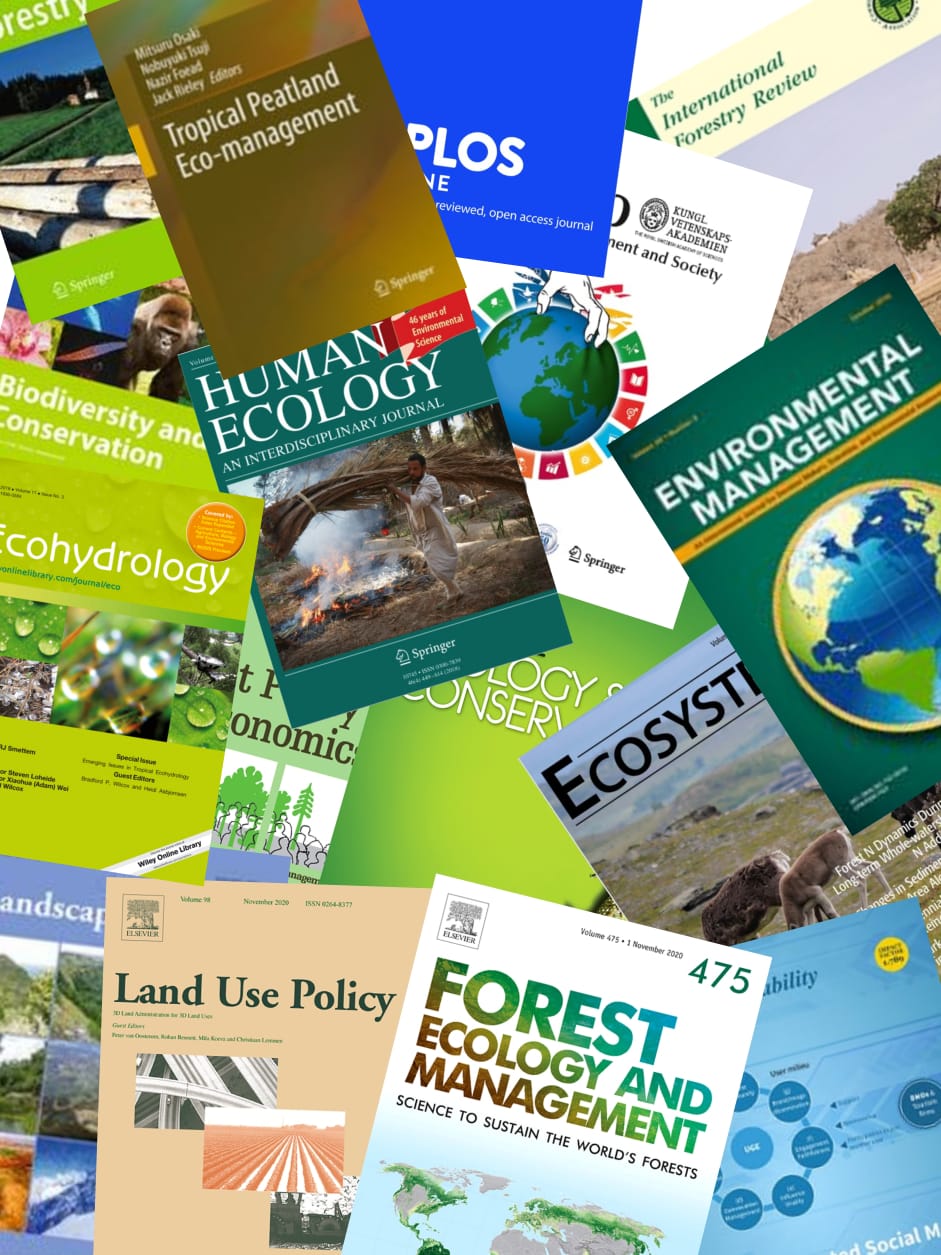Decomposition and fire are major carbon pathways in many ecosystems, yet potential lin-kages between these processes are poorly understood. We test whether variability in decom-posability and flammability across species are related to each other and to key plant functional traits in tropical swamp forests, where habitat degradation is elevating decomposition and fire regimes.center dot Using senesced and fresh leaves of 22 swamp tree species in Singapore, we conducted an in situ decomposition experiment and a laboratory flammability experiment. We analysed 16 leaf physical and biochemical traits as predictors of decomposability and components of flammability: combustibility, ignitability and sustainability.center dot Decomposability and flammability were largely decoupled across species, despite some shared predictive traits such as specific leaf area (SLA). Physical traits predicted that thicker leaves with a smaller SLA and volume decomposed faster, while various cation concentrations predicted flammability components, particularly ignitability.center dot We show that flammability and decomposability of swamp forest leaves are decoupled because flammability is mostly driven by biochemical traits, while decomposition is driven by physical traits. Our approach identifies species that are slow to decompose and burn (e.g. Calophyllum tetrapterum and Xanthophyllum flavescens), which could be planted to mitigate carbon losses in tropical swamp reforestation.
View source

